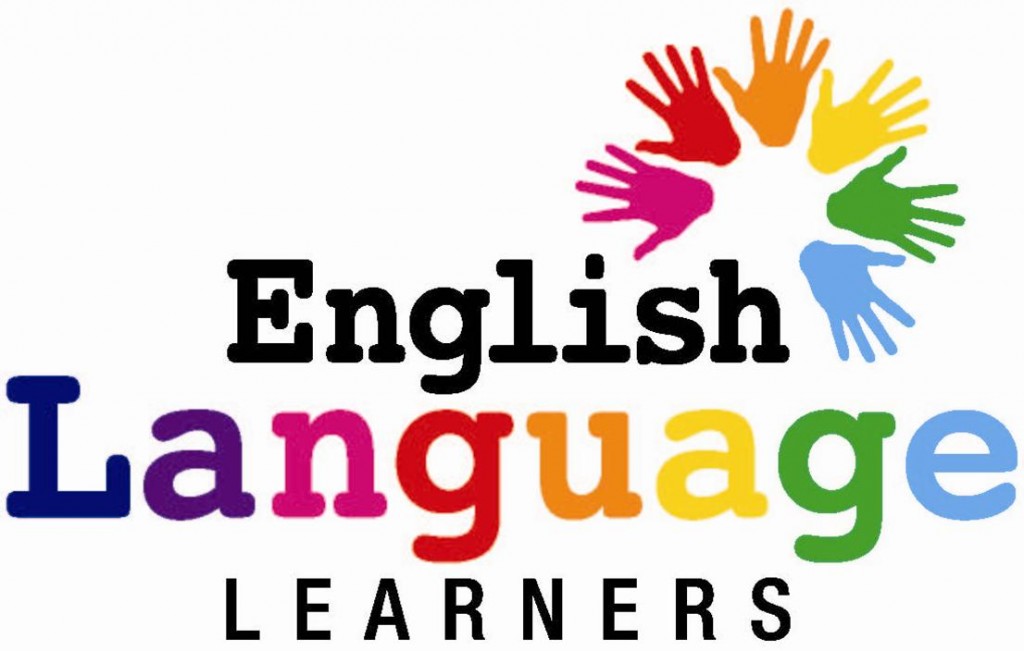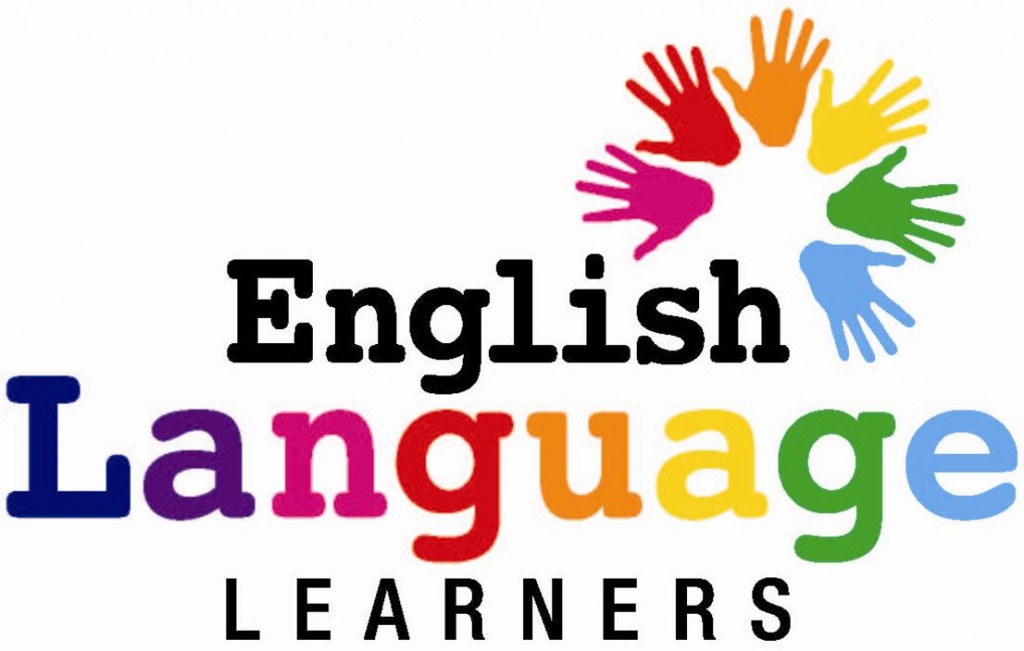Hello Aspirants. Welcome to Online English Quiz in AffairsCloud.com. Here we are creating Best question samples from Reading Comprehension, which is common for all the IBPS/SBI/RRB/SSC-CGL/LIC ADO/LDC/Railways and other competitive exams. We have included Some questions that are repeatedly asked in bank exams !!!
India’s colleges and universities, with just a few expectations, have become large, under unfounded, ungovernable institutions. At many of them, politics has introduced into campus life, influencing academic appointments and decisions across levels. Under investment in libraries, information technology, laboratories, and classrooms make it very difficult to provide top quality instruction or engage in cutting-edge research. The rise in the number of part-time teachers and freeze on new full time appointments in many places have affected morale in the academic profession. The lack of accountability means that teaching and research performance is seldom measured. The system provides few Incentives to perform. bureaucratic inertia hampers change. Students unrest and occasional faculty agitation disrupt operations. nevertheless, with a semblance of normality, faculty administrators are able to provide teaching, coordinate examinations, and award degrees.
Even the small top tier of higher education faces serious problems, Many IIT graduates, well trained in technology, have not chosen not to contribute their skills to the burgeoning technology sector in India. half leave the country immediately upon graduation to pursue advanced study abroad and most do not return. A stunning 80% of students in science and technology fields from India who obtain degree in the united states do not return home immediately following their study. Another significant group, of about 30 per cent, decides to earn MBAs in India because local salaries are higher and are lost to science and technology. A corps of dedicated and able teachers work at the IITs and IIMs, but the lure of jobs abroad and in the private sector makes it increasingly difficult to retain the best and brightest to the academic profession.
Few in India are thinking creatively about higher education. There is no field of higher education research. Those in government as well as academic leaders seem content to do the “same old things.” Academic institutions and systems have become large and complex. They need good data, careful analysis, and creative ideas. In China, more than two-dozen higher education research centers, and several governments agencies are involved in higher education policy for optimum planning.
India has survived with an increasingly mediocre higher education system for decades. Now as India strives to complete in a globalised economy in areas that require highly trained professionals, the quality of higher education becomes increasingly important. So far, India’s large education population base and its reservoir of at least moderately well-trained university graduates have permitted the country to move ahead. But the competition is fierce. China in particular is heavily investing in improving its best universities with the aim of making a small group of them world class in the coming decade, and making a larger number internationally competitive research universities.
To compete successfully in the Knowledge-based economy of the 21st century. India needs enough universities that not only produce bright graduates for expert but can also support sophisticated research in a number of scientific and scholarly fields and produce at least some of the knowledge and technology needed for an expanding economy. How can India build a higher education system that will permit it to joined developed economies? the newly emerging private sector in higher education cannot spearhead academic growth. several of the well-endowed and effectively managed private institutions will be able to sustain themselves in the long run. They can help produce well-qualified graduates in such field of management, but they cannot form the basis for comprehensive research universities. This sector lacks the resources to build the facilities required for qualify instruction and search in the science. Most of the private institutions do not focus on advanced training in the science.
Only public universities have the potential to truly World class institutions. but these institutions have not been adequately or consistently supported. The top institutions require sustained funding from public sources. Academic salaries must be high enough to attract excellent scientist and scholars. fellowships and other grants should be available bright students. An academic culture that is based on the merit-based norms and competition for advancement and search funds is necessary component, as is a judicious mix of autonomy to do creative research and accountability to ensure productivity. World class universities require world class professors and students and a culture to sustain and stimulate them.
1. What according to the author, is the shortfall of our government officials as well as academicians when it comes to higher education?
(1) They are of the opinion that India has the best system of higher education in the World.
(2) They believe that it is the responsibility of private institutions to bring about a change in higher education.
(3) They are unaware of the new developments in the field of higher education.
(4) They are unwilling to invest money in higher education despite getting sufficient grants for the purpose.
(5) They don not think innovatively in the direction of bringing about a change in higher education and are struck in a rut.
2. Which of the following is/ are the problem/ a faced by Indian colleges and universities?
(A) political interference in decision making.
(B) Lack of funding necessary for improvement in classrooms, libraries, etc.
(C) Hiring a teachers on a part time basis only.
(1) Only (A)
(2) Only (B)
(3) Only (B) and (C)
(4) Only (C)
(5) All (A),(B) and (C)
3. Which of the following is possibly the most appropriate title for the passage?
(1) Literacy in India.
(2) State of higher education in India.
(3) Top universities in India.
(4) Educational institutes in India.
(5) Comparatively study of higher education in India and China.
4. Which of the following problems do top institutes in India face in terms of contribution to academics?
(A) teachers of these institutes get enticed by the openings in foreign countries.
(B) Many graduates from these institutes find opportunities abroad and never return.
(C) Graduates from these institutes who do not migrate to foreign countries are unfit for teaching in these institutes.
(1) Only (A)
(2) Only (B)
(3) Only (A) and (B)
(4) Only (B) and (C)
(5) All (A),(b) and (C)
5. How, according to the author, has India progressed despite a mediocre higher education system?
(1) borrowing idea as well as technology from the best.
(2) By convincing the world that it is more knowledgeable than it actually is.
(3) On the basis of its fairly competent graduates and a large number of educated population.
(4) Because of its sound and progressive economic policies.
(5) On the basis of the goodwill accumulated by it over the years.
Directions (Q.6-7): Choose the word which is most OPPOSITE in meaning of the word printed in bold as used in the passage.
6. FIERCE
1) strong
2) weak
3) tame
4) timid
5) None of these.
7. MEDIOCRE
1) Superlative
2) middle
3) average
4) pleasant
5) None of these.
Directions (Q.8-10): Choose the word which is most SIMILAR in meaning of the word printed in bold as used in the passage.
8. JUDICIOUS
1) shrewd
2) difficult
3) legal
4) Thoughtful
5) None of these.
9. CONTENT
1) unhappy
2) matter
3) satisfied
4) substance
5) All of the above.
10. INCENTIVE
1) discouragement
2) motivator
3) prompt
4) cash
5) All of the above



